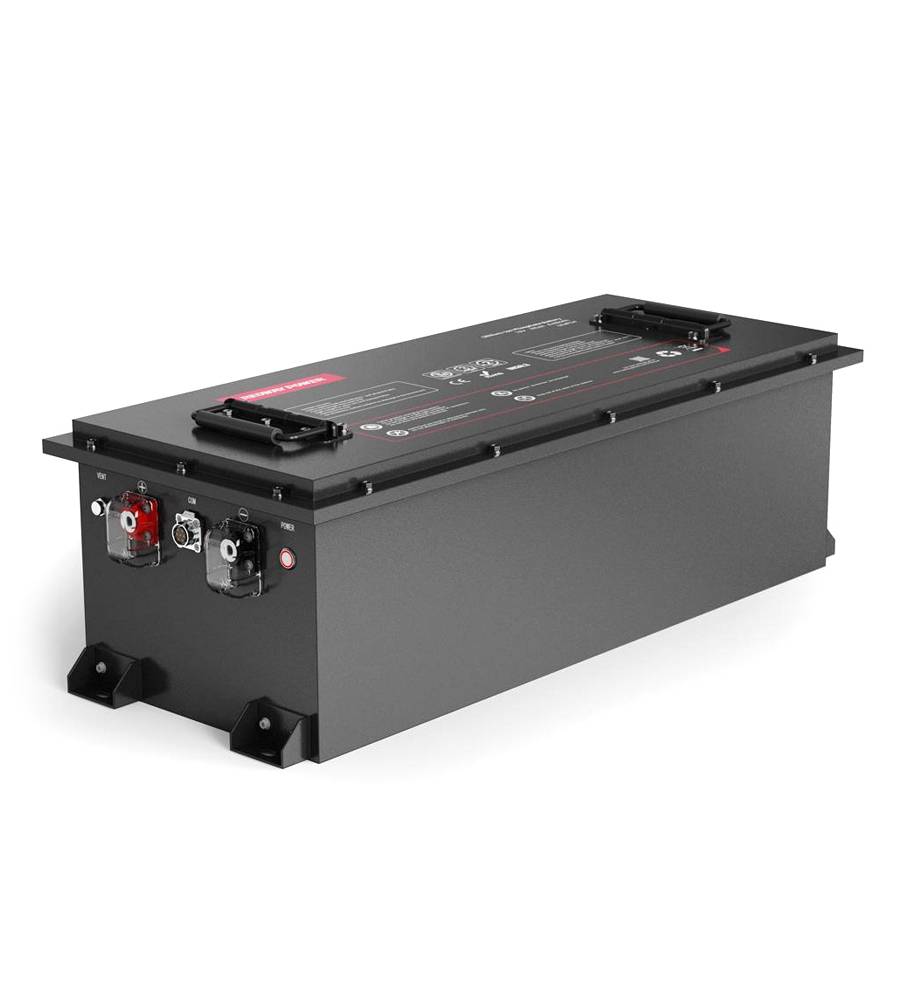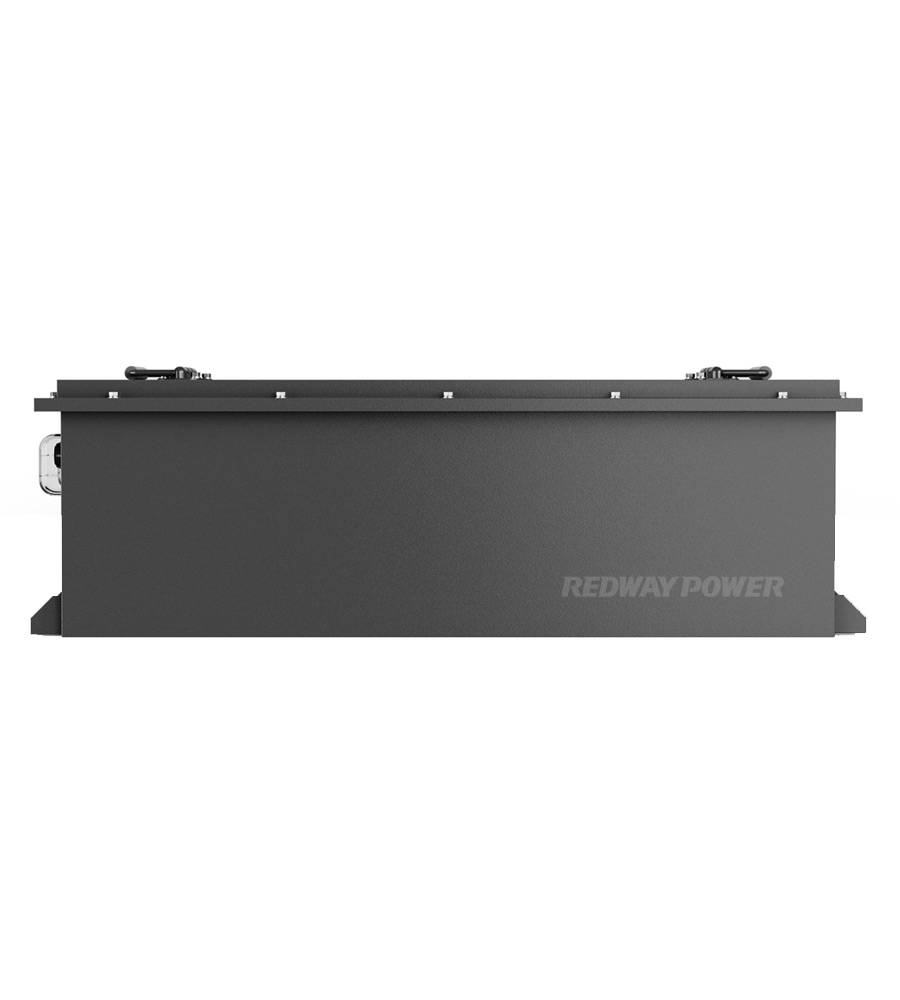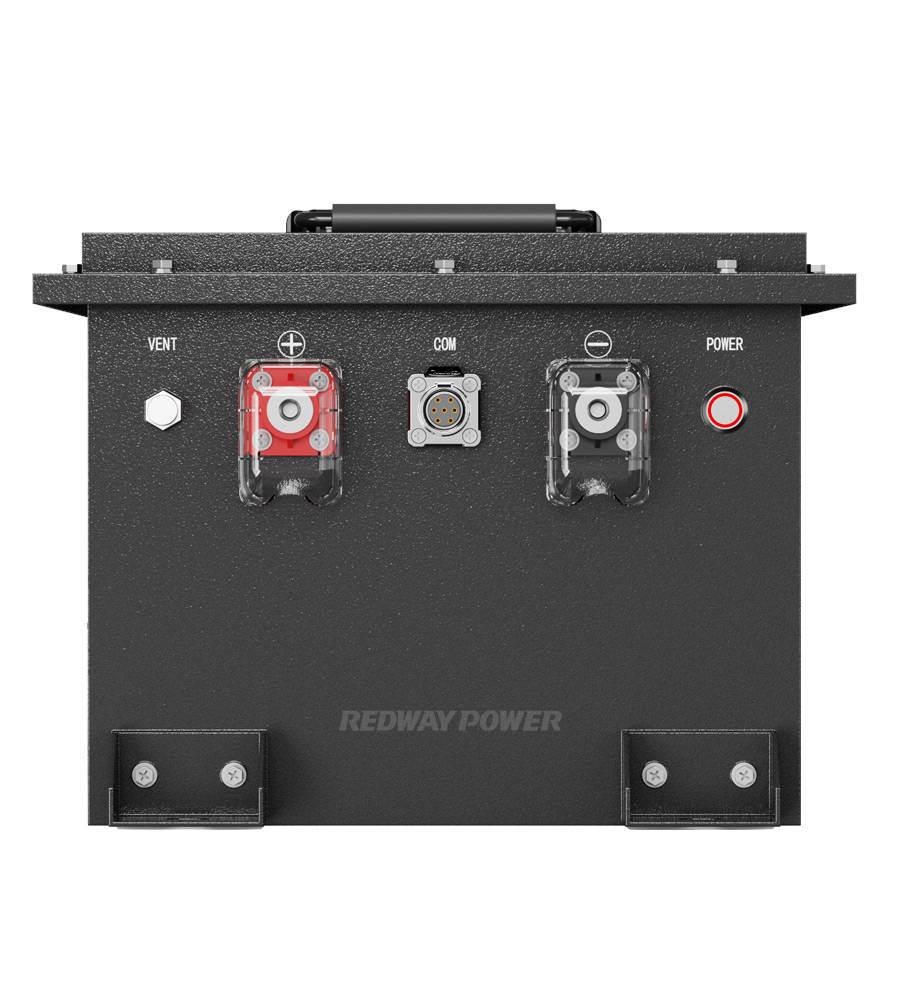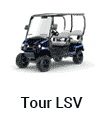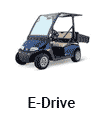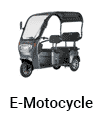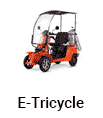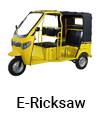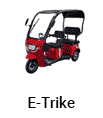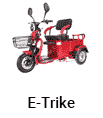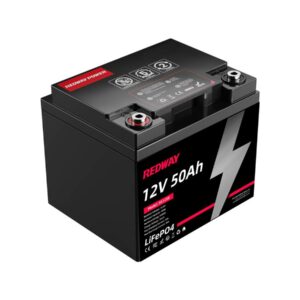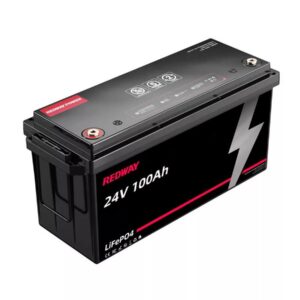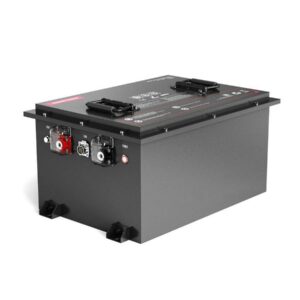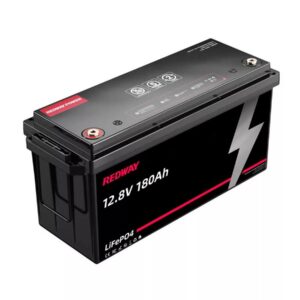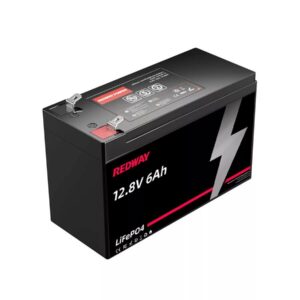Description
Introducing the 72V 100Ah LiFePO4 Golf Cart Battery, a high-performance energy solution expertly manufactured by a leading OEM in China. This advanced lithium iron phosphate (LiFePO4) battery is specifically designed for electric vehicles, including golf carts, electric tricycles, and scooters. With its cutting-edge technology, this battery delivers exceptional efficiency and longevity, making it an ideal choice for OEM, ODM, and wholesale buyers seeking reliable power solutions.
Key Features
- High Energy Output: This battery provides a nominal capacity of 100Ah and an energy output of 8.064 kWh, ensuring extended range and superior performance for various electric vehicles.
- Long Cycle Life: Built to last over 4,000 cycles at 80% Depth of Discharge (DoD), this battery significantly reduces replacement costs and maximizes operational uptime, making it a cost-effective solution for users.
- Robust Safety Mechanisms: Equipped with an intelligent Battery Management System (BMS), it offers comprehensive protection against overcharging, overheating, and short circuits to ensure safe operation in all conditions.
- Versatile Temperature Range: The battery operates efficiently in temperatures from -20°C to 65°C, making it suitable for diverse climates and conditions, ensuring reliability in various environments.
- Compact Design: With dimensions of approximately 740 x 320 x 246 mm and a weight of around 72 kg, this battery is easy to integrate into existing systems without compromising performance.
Product Description
The 72V 100Ah Golf Cart Lithium Battery is engineered to provide reliable power for a wide range of electric vehicles, including golf carts, low-speed vehicles (LSVs), club cars, and electric scooters. Utilizing premium LiFePO4 cells, this battery guarantees consistent power output throughout its discharge cycle.This battery features a durable metal casing that ensures longevity while the advanced BMS continuously monitors critical parameters such as voltage, current, and temperature. The IP67 rating certifies it as dust-tight and capable of withstanding immersion in water, making it perfect for outdoor use.With a maximum continuous charge current of 150A and peak discharge current of up to 315A (for short bursts), this battery supports high-demand applications while prioritizing safety through its intelligent BMS. The BMS safeguards against critical issues such as overcharging and overheating, ensuring safe operation throughout its lifespan.Investing in the 72V 100Ah Lithium Golf Cart Battery not only guarantees a dependable power source but also aligns with sustainability efforts due to its eco-friendly design. Its extended lifespan reduces the frequency of replacements, ultimately lowering the total cost of ownership.Choose our 72V 100Ah Lithium Golf Cart Battery for an efficient, powerful, and environmentally friendly energy solution tailored specifically for your electric vehicle needs. Contact us today to learn how we can meet your specific requirements with our innovative battery technology!
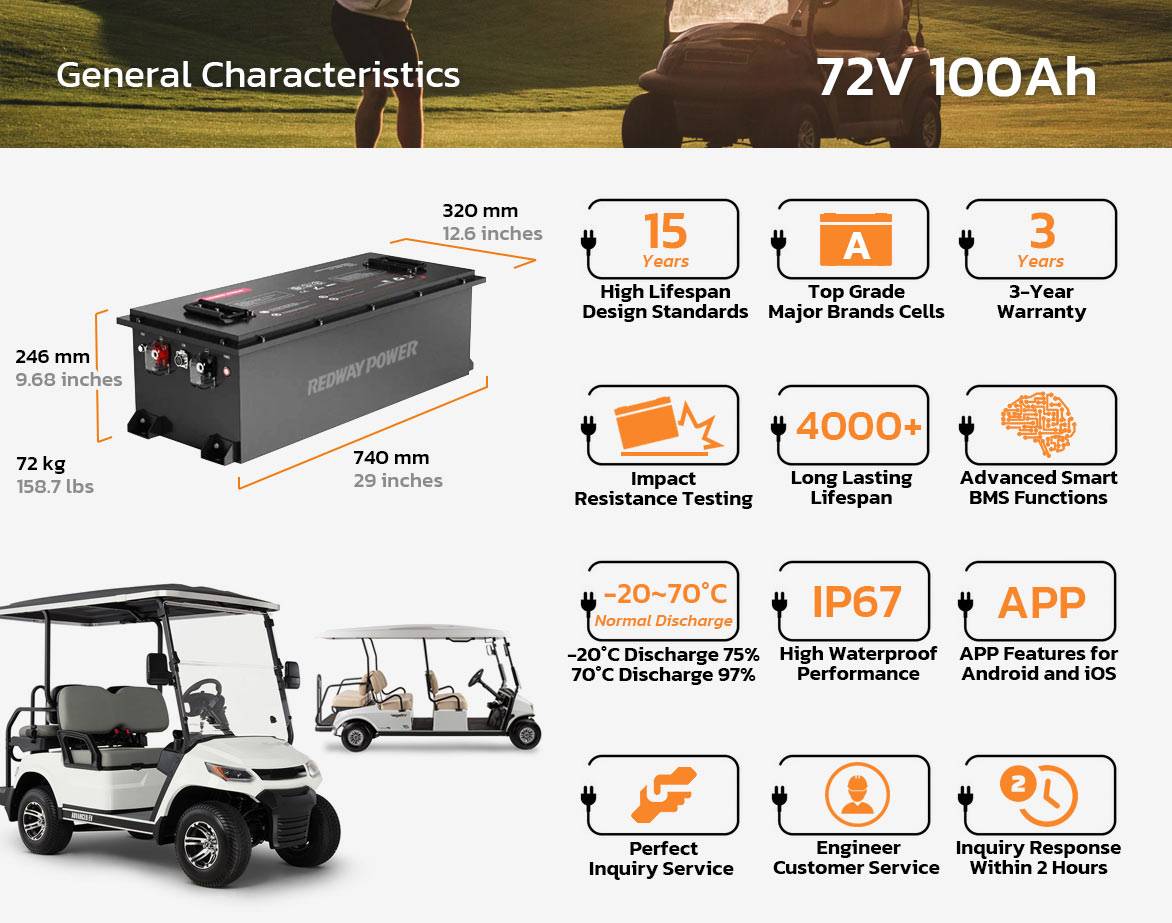
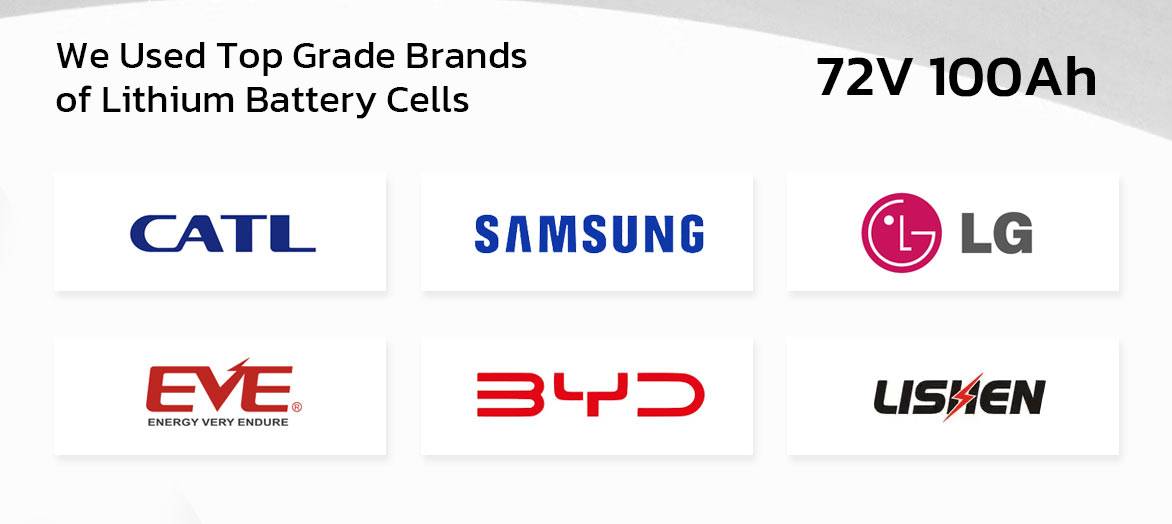
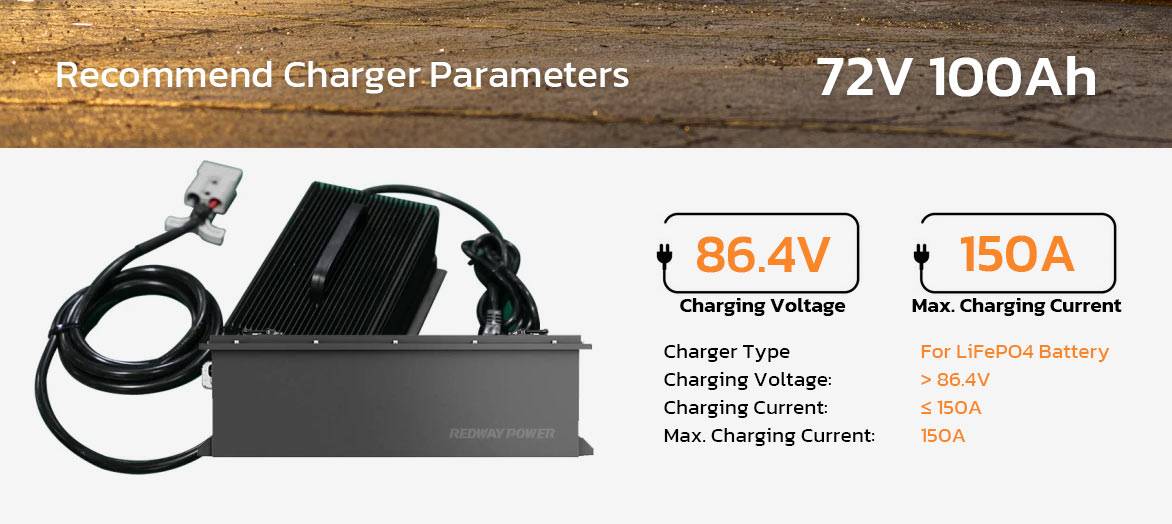
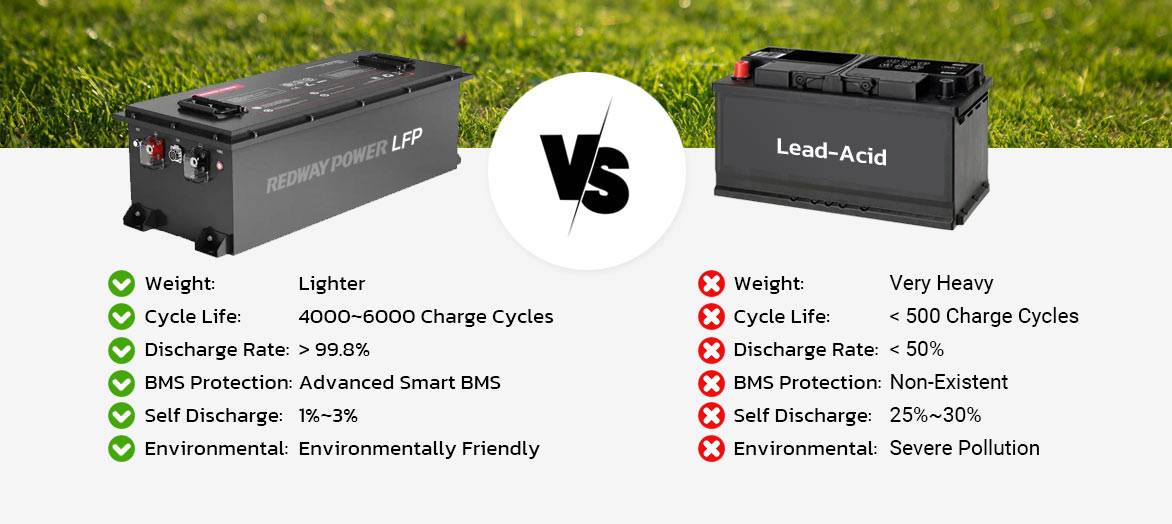
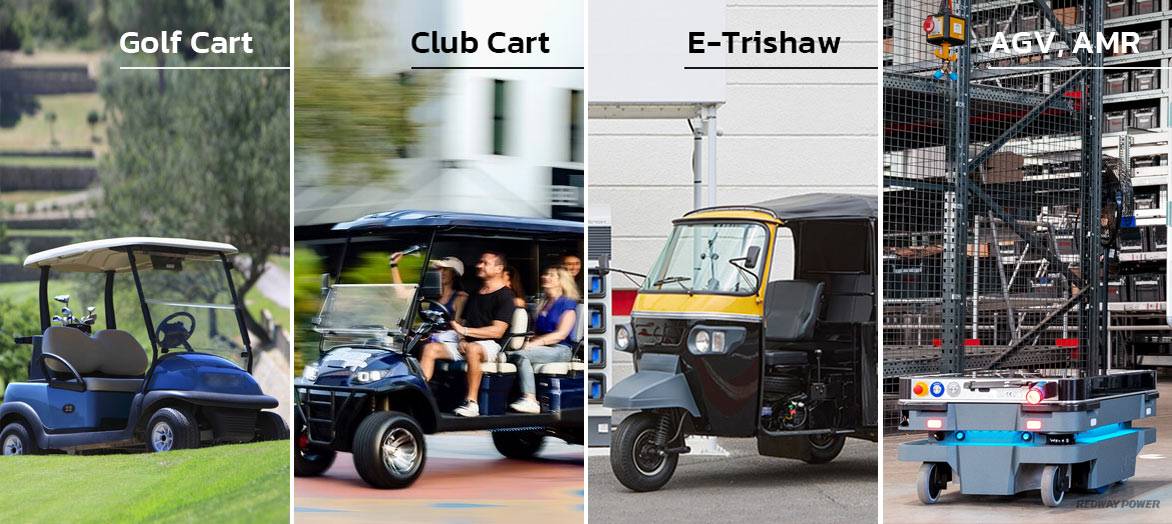
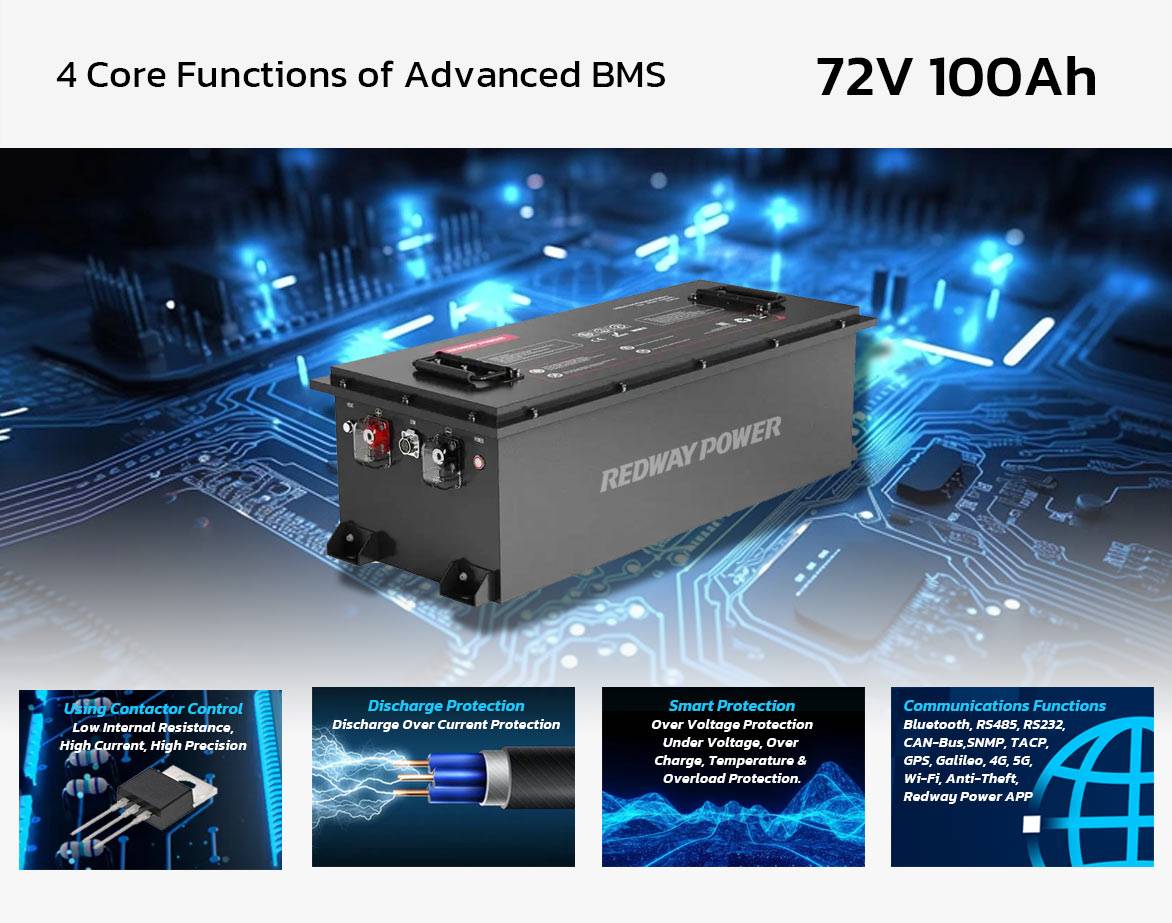
72V 100Ah Lithium Battery FAQs
What factors affect 72V 100Ah lithium battery price?
The price of a 72V 100Ah lithium battery depends on cell quality, BMS type, housing materials, certifications, and manufacturer reputation. Features like waterproof casing, smart monitoring, and fast-charging capability can increase costs. Bulk orders, shipping fees, and warranty duration also impact pricing. Customizations for specific EV applications may add to the final cost. High-quality OEM batteries generally offer better value through performance, safety, and longevity.
How does 72V 100Ah compare to lead-acid alternatives?
A 72V 100Ah lithium battery delivers superior performance and longer life than lead-acid alternatives. Lithium offers 3,000+ cycles versus 500 for lead-acid, with higher energy density and faster charging. It also weighs significantly less, improving vehicle efficiency. While initial cost is higher, lithium batteries are more cost-effective long-term due to lower maintenance and fewer replacements, making them the preferred choice for golf carts and electric vehicles.
What is the lifespan of a 72V 100Ah lithium battery?
A high-quality 72V 100Ah lithium battery can last 8 to 10 years or more, depending on usage and care. These batteries typically support 3,000 to 5,000 full cycles while maintaining over 80% capacity. Lifespan is influenced by charging habits, temperature conditions, and load usage. When properly managed, lithium batteries far outlast lead-acid options, making them ideal for commercial and high-demand electric vehicle applications.
How long to charge a 72V 100Ah golf cart battery?
Charging a 72V 100Ah lithium battery typically takes 4 to 6 hours using a compatible lithium charger. Fast chargers can reduce time to 2–3 hours, depending on current (e.g., 20A–50A). Charging speed is affected by battery condition, ambient temperature, and charger specifications. Always use a charger designed for LiFePO4 to ensure safe, efficient performance and maintain battery lifespan.
Are 72V 100Ah lithium batteries maintenance-free?
Yes, 72V 100Ah lithium batteries are maintenance-free, unlike lead-acid types. There’s no need to refill water, clean terminals, or balance cells manually. A built-in BMS handles cell balancing, overcharge protection, and temperature regulation. Occasional checks for physical damage and firmware updates may be helpful, but overall, lithium batteries require minimal intervention, offering convenience and reliability for golf carts and electric vehicles.
Can 72V 100Ah batteries power other EV applications?
72V 100Ah lithium batteries are versatile and suitable for various electric vehicle (EV) applications. They power e-bikes, e-motorcycles, forklifts, low-speed vehicles, and utility carts. Their high energy density and long cycle life make them ideal for both industrial and recreational use. Custom-built systems may integrate these batteries with BMS protocols like CAN or RS485 for broader EV compatibility and smart energy management.
China OEM Golf Cart Battery Suppliers
Who are top China OEM golf cart lithium battery suppliers?
Top China OEM suppliers include RoyPow, EIKTO, REPT, and Keheng. These companies specialize in golf cart lithium battery production, offering customization, BMS integration, and certifications for global export. They are known for large-scale manufacturing, competitive pricing, and fast lead times. Many OEMs also support branding services, making them a popular choice for private label and commercial fleet projects worldwide.
What certifications do China OEM battery suppliers hold?
Leading China OEM suppliers hold certifications like UN38.3, CE, UL, MSDS, and ISO9001. These confirm product safety, quality control, and international shipping compliance. Some also offer IEC62133 or RoHS depending on export destination. Certification ensures that batteries meet safety and reliability standards required for electric vehicle applications and international trade.
How to evaluate China OEM lithium battery quality?
To evaluate quality, check cycle life, certification validity, material grade, and BMS features. Request product datasheets, test reports, and sample units. Look for consistency in voltage, capacity, and build. Factory audits, customer reviews, and supplier transparency are also indicators of quality. A reliable OEM should support third-party testing and offer warranties to ensure long-term performance and trust.
What’s the pricing range for China OEM golf cart batteries?
China OEM 72V 100Ah golf cart batteries typically range from $800 to $1,500, depending on cell brand, BMS type, housing, and custom features. Factors like shipping, taxes, and order volume can influence the total cost. High-volume purchases often receive better per-unit pricing. While prices vary, OEM options usually offer excellent value through reliable performance and scalability.
Can China OEM suppliers customize battery designs?
Yes, China OEM suppliers offer full customization of voltage, capacity, BMS, casing, connectors, and communication protocols. Many provide waterproof or shockproof designs, Bluetooth or CANBUS integration, and branding services. This flexibility supports applications from golf carts to industrial EVs. Custom-built batteries are especially useful for fleet upgrades or special environmental conditions like high humidity or extreme temperatures.
Do China OEM battery suppliers export globally?
Yes, most China OEM battery suppliers export worldwide and comply with international standards. They offer global shipping with certifications like UN38.3 and MSDS for air and sea freight. Many have established partnerships in the U.S., Europe, Australia, and Southeast Asia. Strong logistics networks, multilingual sales teams, and OEM/ODM capabilities support smooth overseas transactions and long-term cooperation.
72V 100Ah Battery Specifications & Industry Use
What certifications do 72V 100Ah lithium battery manufacturers require?
Manufacturers require certifications like UN38.3, CE, UL, IEC62133, MSDS, and ISO9001. These ensure safety during shipping, reliable performance, and regulatory compliance. UN38.3 is essential for transport, while CE and UL confirm safety for electric vehicle use. ISO9001 reflects quality management, and MSDS provides material handling information. Certifications help buyers identify trusted, globally compliant products.
How to evaluate cycle life of 72V 100Ah deep cycle batteries?
Cycle life is evaluated by testing full charge-discharge cycles under specific conditions (e.g., 80% depth of discharge). A quality 72V 100Ah lithium battery typically offers 3,000–5,000 cycles. Check manufacturer data sheets for cycle curves and performance retention over time. Batteries with LFP (LiFePO4) chemistry and advanced BMS generally achieve longer life and better thermal regulation.
What safety standards govern 72V 100Ah lithium battery production?
Safety standards include IEC62133, UL2580, UN38.3, and internal quality control systems. These cover overcharge protection, short-circuit resistance, thermal stability, and impact tests. Manufacturers must follow strict testing protocols during development and production. A robust Battery Management System (BMS) is critical for managing voltage, current, and temperature, ensuring safe operation in electric vehicle environments.
Which industries use 72V 100Ah deep cycle lithium batteries?
72V 100Ah deep cycle lithium batteries are used in golf carts, e-motorcycles, AGVs, material handling, and solar storage systems. Their high voltage and capacity make them ideal for electric vehicles and energy-intensive applications. They’re also deployed in airport shuttles, tour vehicles, and warehouse logistics where long runtime and fast charging are essential for operations.
How do manufacturers ensure thermal stability in 72V 100Ah batteries?
Manufacturers ensure stability through thermal design, BMS programming, and quality cell selection. Features include temperature sensors, aluminum casing for heat dissipation, and software-controlled cutoff points. Some batteries include thermal pads or active heating elements for cold environments. Rigorous testing under extreme temperatures ensures the battery maintains safety and performance across varied operating conditions.
What are price benchmarks for 72V 100Ah lithium battery systems?
Price benchmarks for complete 72V 100Ah systems range from $900 to $1,800 depending on brand, certifications, casing, and integrated BMS. Bulk orders and OEM deals lower unit cost. Systems with smart monitoring, fast charging support, and weatherproofing command higher prices. Always consider warranty terms and after-sales support when comparing prices to ensure long-term value.
High-Capacity Lithium Battery Benefits
What are key benefits of high-capacity lithium batteries?
High-capacity lithium batteries offer long runtime and enhanced efficiency. They reduce the need for frequent charging, provide consistent power, and extend the driving range for electric vehicles. These batteries are ideal for commercial use due to their durability and ability to handle high loads. Their energy density, fast charging support, and minimal maintenance contribute to lower operating costs over time.
How do lithium batteries improve golf cart performance?
Lithium batteries improve performance by offering lighter weight and stable voltage output. This results in quicker acceleration, smoother rides, and better hill climbing. They also recharge faster and provide longer range compared to lead-acid batteries. Their low self-discharge rate ensures readiness even after extended periods of inactivity, making them ideal for both daily and seasonal golf cart use.
Why choose lithium over lead-acid for golf carts?
Lithium batteries last longer, charge faster, and are maintenance-free. They deliver 3–5 times more cycles, saving on replacements and reducing downtime. Their consistent power delivery enhances performance, especially on inclines. Although initial costs are higher, lithium provides better total cost of ownership. Their sealed design and smart BMS also improve safety, making them the modern solution for golf cart fleets.
What is the lifespan of lithium golf cart batteries?
Lithium golf cart batteries typically last 8 to 10 years, or 3,000–5,000 cycles with proper use. Their long lifespan reduces the need for replacements and minimizes downtime. Compared to lead-acid, they retain capacity better over time and are more resilient to deep discharge. This durability makes lithium batteries a reliable and cost-efficient choice for long-term golf cart use.
How does lithium battery charging time compare?
Lithium batteries charge much faster than lead-acid. A 72V lithium pack may fully charge in 4–6 hours, while a lead-acid counterpart could take 8–10 hours. Lithium also supports fast charging and handles partial charges well, unlike lead-acid. This results in more availability, less downtime, and greater convenience, especially for commercial users or multi-shift fleet operations.
Are lithium batteries safer for electric golf carts?
Yes, lithium batteries are safer when equipped with a BMS. They feature thermal stability, overcharge and short-circuit protection, and durable casings. Unlike lead-acid, they do not emit gases or spill electrolyte. Many lithium batteries also pass safety certifications like UL or UN38.3, ensuring they meet international standards. Their reliability and built-in protections enhance safety in electric golf carts.
Commercial Golf Cart Battery Use
What are the best long-lasting golf cart batteries?
LiFePO4 batteries are the best choice for long-lasting golf cart use. They offer over 3,000 charge cycles, high thermal stability, and minimal capacity loss over time. Brands with integrated smart BMS and high-quality cells ensure optimal performance for years. Compared to lead-acid, they require no maintenance and support fast charging. For fleets or daily use, lithium batteries deliver both durability and cost-efficiency.
How to maintain commercial golf cart batteries?
Maintaining commercial lithium batteries is simple due to their low-maintenance design. Use a compatible charger, avoid deep discharges, and store in moderate temperatures. Periodically inspect connections and ensure firmware is updated if BMS supports it. Unlike lead-acid, no water refilling or equalization is needed. Consistent charging after use helps extend life and ensures your fleet stays operational with minimal downtime.
What factors affect golf cart battery lifespan?
Battery lifespan is influenced by depth of discharge, charge rate, ambient temperature, and usage frequency. Lithium batteries last longer with partial discharges and proper charging. Avoid overheating, overcharging, or letting the battery sit unused for long periods. Quality of cells and BMS design also impact cycle life. Proper storage, regular use, and following charging best practices can maximize battery longevity.
Are lithium batteries better for commercial use?
Yes, lithium batteries are ideal for commercial golf carts. They support longer runtimes, faster charging, and more cycles, reducing downtime and replacement frequency. Lightweight design improves efficiency and handling. Their BMS ensures safety and balance under heavy use. While the upfront cost is higher, the long-term savings on maintenance and replacements make lithium batteries the smarter option for commercial applications.
How to charge golf cart batteries efficiently?
To charge efficiently, use a lithium-compatible charger with the correct voltage and current rating. Avoid overcharging by relying on a BMS-controlled system. Charge after each use to prevent deep discharge. Fast chargers can reduce downtime, but ensure thermal protection is in place. For best results, avoid charging in extreme cold or heat. Follow manufacturer guidelines for optimal performance and battery health.
What warranties cover commercial golf cart batteries?
Most commercial lithium batteries come with 5 to 10-year warranties. Coverage typically includes defects in materials, manufacturing issues, and early capacity loss. Always review warranty terms such as cycle limits, temperature range, and charging conditions. Reputable OEMs also offer technical support and replacement options during the coverage period. Warranty is a strong indicator of quality and long-term reliability.
72V Fast Charging Technology
What are key technologies for 72V fast charging?
Key technologies include high-current chargers, smart BMS integration, and thermal management systems. Fast chargers deliver 30A–100A output, drastically reducing downtime. The BMS regulates current intake and temperature during charging. CAN or RS485 communication protocols enable charger-battery coordination. Efficient heat dissipation systems are essential to prevent overheating and extend battery life. These technologies combined enable safe, fast, and reliable charging for EVs.
Safety challenges in 72V fast charging systems?
Fast charging can cause thermal stress and increased fire risk if not properly managed. Poor heat dissipation, overvoltage, or current spikes may damage cells or the BMS. High-speed charging requires advanced protection circuits and real-time temperature monitoring. Only certified chargers and batteries should be used together. Proper design, materials, and software safeguards help minimize safety risks during high-power charging.
How to optimize 72V battery design for fast charging?
To optimize design, use low-resistance cells, thick copper busbars, and robust BMS algorithms. Adequate ventilation and aluminum casings aid thermal management. A fast-charging battery should support high discharge rates and allow active communication with the charger via CAN or UART. Calibration between charger and battery prevents stress and maximizes charging speed without compromising cycle life or safety.
Impact of fast charging on 72V battery lifespan?
Frequent fast charging may slightly reduce lifespan, especially if not properly managed. It generates more heat and puts higher strain on the cells. However, high-quality LiFePO4 batteries with good thermal control and smart BMS can handle fast charging with minimal degradation. Occasional fast charging is safe, but balancing with slower cycles can help preserve long-term capacity and efficiency.
Which industries use 72V fast charging solutions?
Industries using fast charging include electric logistics, tourism vehicles, factory AGVs, and personal EVs. These applications demand rapid turnaround and continuous operation. Fast-charging stations reduce downtime in fleet services and enhance productivity. 72V systems are especially popular in heavier electric vehicles needing high torque, such as golf carts, e-trikes, or utility vehicles used in industrial and commercial settings.
Cost-effectiveness of OEM 72V fast charging solutions?
OEM fast charging solutions are cost-effective long term due to reduced charging time and improved operational efficiency. Though initial costs may be higher, savings on downtime, labor, and energy usage add up quickly. OEMs offer tailored systems that integrate charger and battery with advanced protections. Over the battery’s lifespan, fast charging boosts ROI, especially for fleet or high-use applications.

